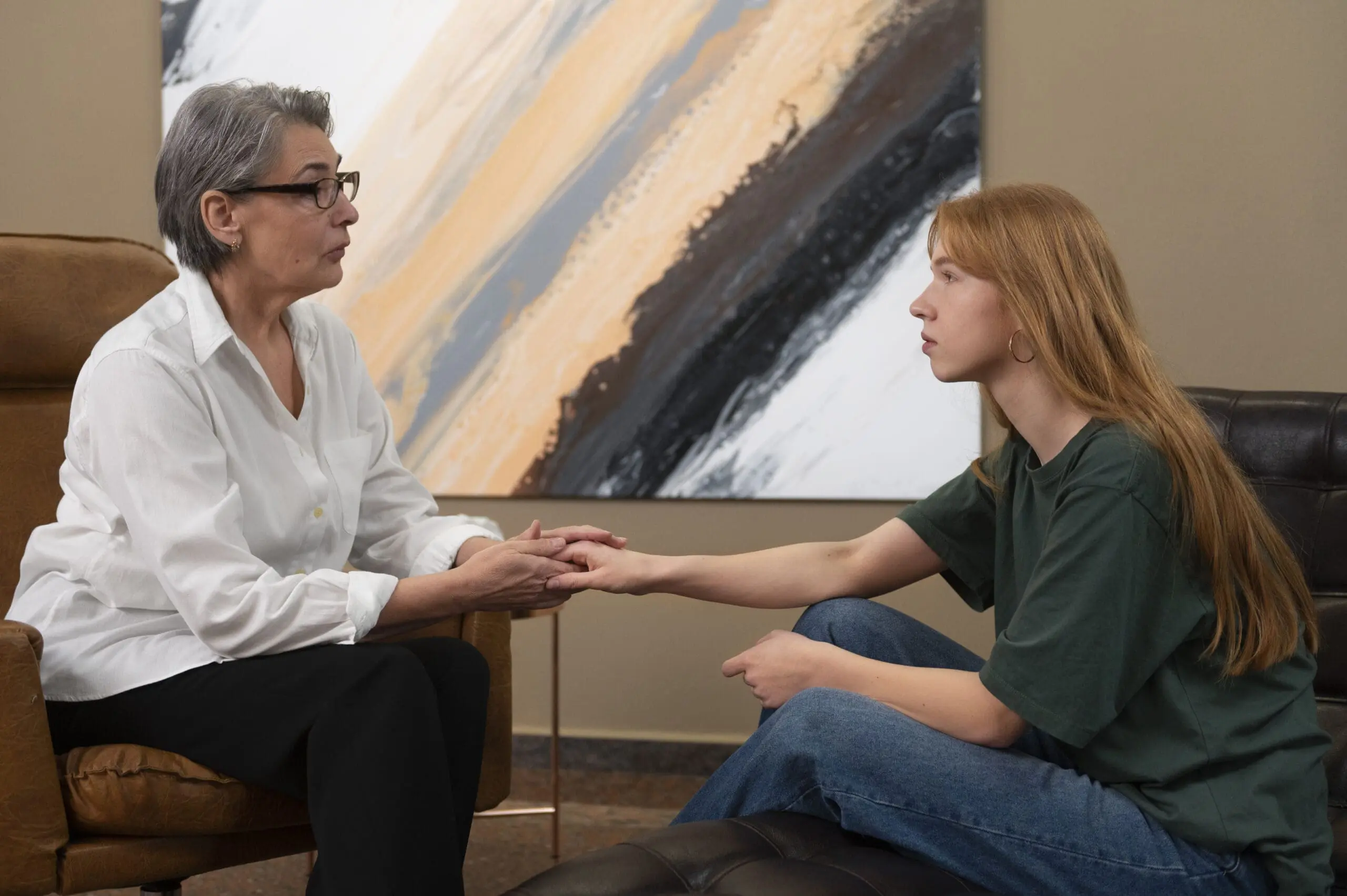Restoring Hope and Direction for Youth in the Justice System
Young people involved in the juvenile justice system often face more than just legal consequences. They carry the weight of trauma, unstable home environments, unmet emotional needs, and disrupted development. At ATL Behavioral, our Juvenile Justice Counseling program provides specialized therapeutic support to help youth break harmful cycles and develop skills that foster long-term success.
Our services are rooted in empathy, accountability, and empowerment. We work closely with families, probation officers, caseworkers, and schools to provide a structured yet compassionate path toward healing and behavioral change.
Who Do We Help?
For juvenile justice in Georgia, we support youth aged 12–21 who are:
- Involved with the juvenile court system or on probation.
- Transitioning out of detention or residential programs.
- Struggling with behavioral issues, substance use, or truancy.
- Coping with trauma, abuse, neglect, or family conflict.
- At risk of re-offending or facing educational disruption.
Many of our clients have experienced unstable home lives, community violence, or untreated mental health challenges. We meet these young people where they are, and offer support, structure, and a genuine belief in their potential for change.
Our Approach to Counseling
Our experts go beyond traditional talk therapy by combining clinical expertise with real-world understanding of the juvenile system.
We have a variety of evidence-based interventions when it comes to juvenile justice in Georgia, including:
- Cognitive Behavioral Therapy (CBT): CBT helps youth identify harmful thoughts and actions. It promotes healthier coping skills, emotional regulation, and responsible decision-making patterns.
- Motivational Interviewing: This technique encourages youth to explore their values and strengths. It enhances motivation for lasting behavioral change through guided self-reflection.
- Trauma-Informed Care: Our trauma-informed approach recognizes how past experiences influence behavior. We create a safe environment where youth feel validated and supported.
- Family Counseling (as needed): Family counseling fosters better communication, strengthens relationships, and encourages collaboration between youth and caregivers to support long-term success.
A Chance to Change the Story!
We believe that no young person is defined by their mistakes. With the right guidance, structure, and emotional support, they can overcome their past and build a future rooted in self-respect and purpose.
Our Atlanta juvenile justice mental health services aim to reduce recidivism and help youth develop life skills that serve them far beyond their court involvement. Reach out to ATL Behavioral today to learn more about our Juvenile Justice Counseling program or to refer a youth for services.





